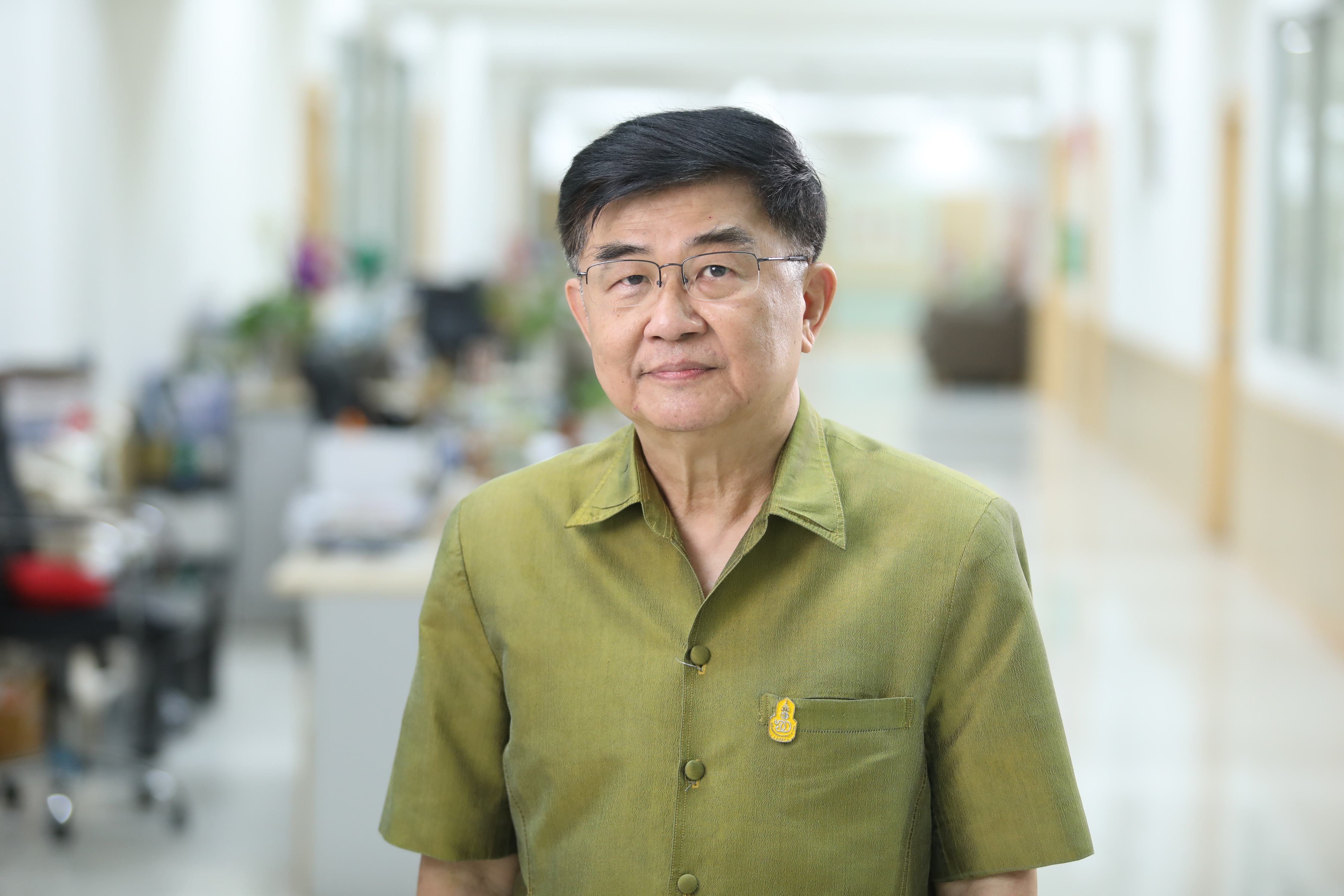
- Home
- DescriptionNews
Strengthening the health financing response to COVID-19

Strengthening the health financing response to COVID-19
None of us would expect the emergence of a new COVID-19 cluster in Samut Sakhon, 0ne of Thailand’s central provinces, on 17 December last year.
Within 20 days after, the virus spread in many other provinces across Thailand, with 5,050 new infection cases being reported, adding up the number of confirmed cases to more than 10,000 in total.
Though the situation has concerned many people, I believe that we can handle the pandemic and control the spread of the coronavirus effectively.
One of the reasons is Universal Coverage Scheme (UCS), which provides people free access to all kinds of health services necessary for fighting COVID-19.
Introduced in 2002, UCS is a very strong health policy of Thailand that ensures healthcare access for more than 47 million people. The rest of the population is covered either by Social Security Scheme and Civil Servant Medical Benefits Scheme.
These three schemes cover more than 99% of the Thai population, which build up Thailand’s capacity and resilience to tackle and recover from any health crises.
Thai government has annually allocated the funds to the schemes. These funds are quickly and timely mobilized to activities relating to health emergency response when COVID-19 pandemic disrupt the country — allowing health units, doctors, authorities, and local communities to act promptly to control the spread of the coronavirus.
More than 1.02 billion baht of UCS budget was mobilized to COVID-19 emergency response immediately after the first confirmed case was detected in Thailand in January last year. The central government also allocated another 3.2 billion baht in addition to supporting the operations of health units.
The funds cover a wide range of healthcare services and medical supplies, including outpatient and inpatient services for both COVID-19 suspected and confirmed cases, lab tests, medication, treatment, control rooms, meals for patients, hospital transfers, and Personal Protective Equipment for health workers.
More than 33,950 patients identified as suspected or confirmed cases received care during the first wave last year, with 2.83-billion-baht incurred cost paid by Thai government through UCS. Nearly 590,000 people were tested at the same period of time.
The availability of funds encourages hospital staff to launch new services such as telehealth and medicine home delivery for patients living with chronic diseases. Hospital staff also collaborate with community pharmacists to deliver medicines to patients during the city lockdown.
Community Health Fund, operated by NHSO, provides funding to more than 5,000 local administrative organizations to tackle COVID-19 and run health promotion and disease prevention projects at a community level. Around 20,810 projects, value at over one billion baht, were approved between 2020 and early this year.
Thai government and NHSO will continue mobilizing health finance to support health facilities.
The funds will come from different sources, including NHSO’s 471-million-baht and another 3.5 billion baht from the government’s COVID-19 relief funds under emergency loan decree.
Not just provide healthcare services to people. These funds will cover free flu shots for 2.4 million Thais, compensation for health workers affected by the pandemic, and healthcare access for 137,000 unemployed people who will shift from SSS to UCS this year.
UCS has strengthened health financing and the Thai health system as a whole. Meanwhile, the government’s effective health measures and health workers who work relentlessly to save people’s lives are the other reasons for a strong health system.
With all these components, I believe that Thailand will certainly get through the pandemic soon.
Sakchai Kanjanawatana
Secretary-General of National Health Security Office (NHSO)
19 Feb 2021
Secretary-General of National Health Security Office (NHSO)
19 Feb 2021

